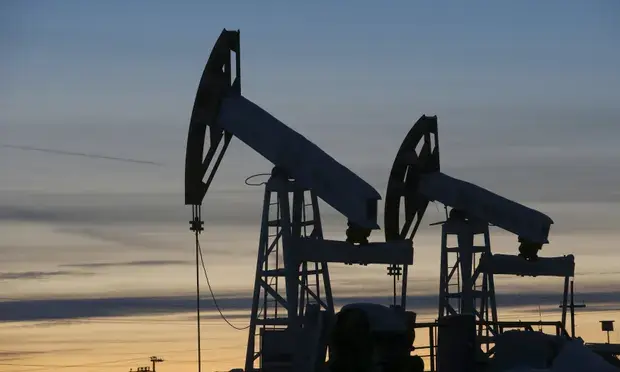Iran
In 2021, the Islamic Republic produced 2.4 million barrels of oil per day and with oil waivers granted, the government plans to increase its production output to 3.8 million barrels per day. The new Iran nuclear agreement between the United States and Iran will allow the Islamic Republic to sell its oil to European countries that rely so heavily on it. Iran’s Oil minister Javad Owji stated that when the negotiations in Vienna have finished, Tehran can reach its maximum oil production capacity in less than two months. The main fear of European countries turning to Iran to buy its oil is that the Islamic Republic will use the sale funds to prop up its regime and terrorist proxies throughout the Middle East.
Saudi Arabia
Saudi Arabia holds 15 percent of the world’s oil reserve and is the largest exporter of crude oil. U.S. President Joe Biden has called for Saudi Arabia to pump more crude oil at a lower price for America and its European allies. Saudi Arabia’s crown prince Mohammed bin Salman has laid out terms needed for more crude oil production, such as recognition of his rule in the kingdom and more support in Yemen. In a recent interview, Prince Mohammed stated that he does not care whether Joe Biden misunderstands him and that Saudi investments in the U.S. could decrease. Not only might countries in Europe turn to Saudi Arabia for oil but countries in Asia may do so as well. According to officials, Saudi Arabia may increase its price for cured oil for Asia shortly as global supplies begin to tighten because of sanctions on Russia.
China
As of 2016, China produces 4.9 million barrels of oil, making it the 4th oil exporter. In February of 2022, China announced that it had increased its purchases into its oil reserves and ignored calls by the U.S. for an internal stock release to help stabilize global oil markets. European Union countries that rely heavily on oil might look to China to obtain their needs, allowing Xi Jinping’s government to control a key factor of everyday European life. One of the main concerns that some officials have regarding the purchase of Chinese oil is that the funds will prop up the dictatorial regime in China, ignore human rights abuses in Beijing, and support China's military plans against Taiwan and other Asian countries. With current bans in place, China could also help find Moscow a new way of putting its oil on the market.
United Arab Emirates
The United Arab Emirates (UAE) is another Middle Eastern state that European countries could turn to for oil. According to reports, the UAE produces 3 million barrels of petroleum per day and 30 percent of its GDP based on its oil and gas output. The UAE is part of the Organization of Petroleum Exporting Countries (OPEC), which plans to raise oil prices because of the demand coming from EU countries since Russia faced sanctions. On March 2, 2022, UAE and other members of OPEC announced that they plan on adhering to their previous plans for increasing the output of oil in April regardless of the Ukraine crisis. With Russia escalating its military attacks on Ukrainian civilians and negotiations at a standstill, European countries will look to Persian Gulf states like the UAE as an alternative source of crude oil. If things continue to escalate in Ukraine, then European countries will be at the mercy of the UAE and other OPEC countries with oil production and the financial costs that bear with it.
United States
European countries could look to their closest ally, the United States of America, for its source of oil. The U.S. produces around 18 million barrels per day, including 11.3 million in natural gas liquids on average. While the production is impressive, many U.S. officials have pointed out that the U.S. could increase its oil output to its EU allies if it restored the nation’s energy independence policies created under the Trump Administration. Republican Senators and House of Representatives have called on the Biden administration to reverse its actions against the Keystone XL pipeline and restore permits for public drilling. If the U.S. were to become energy independent, the European countries would not be beholden to dictatorial oil-producing regimes such as Iran and China. By making the U.S. the head source of its oil needs instead of Russia, Iran, and other anti-Western regimes, Europe will maintain its economy and the lives of its people.









